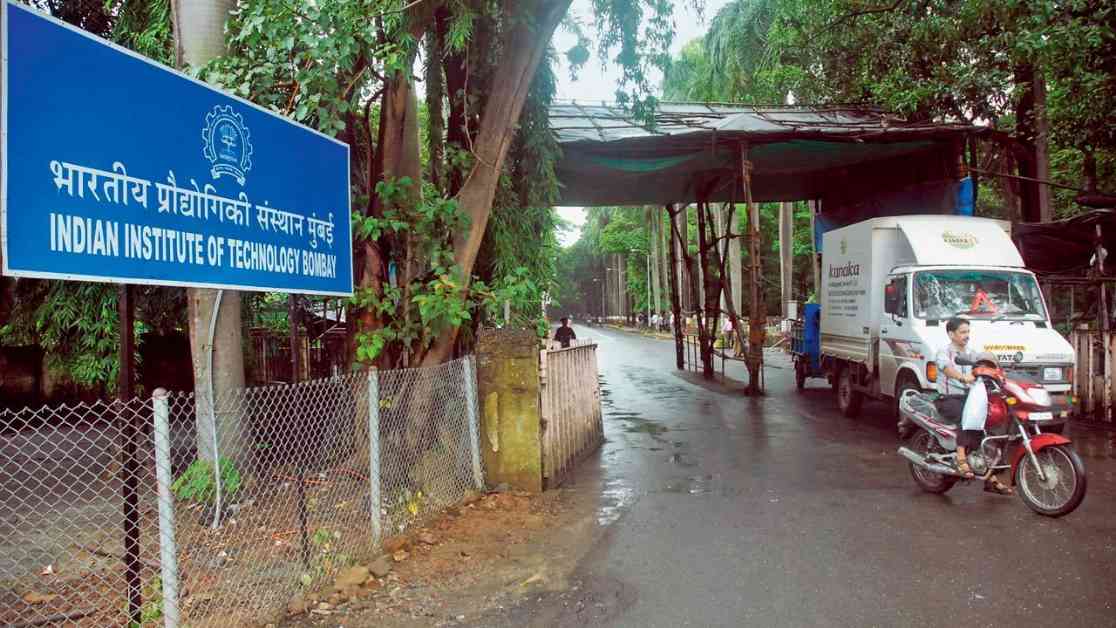Mumbai Students Protest IIT-B’s Partnership with Israeli University
A recent decision by the Indian Institute of Technology Bombay (IIT Bombay) to establish a collaboration with Bar-Ilan University in Israel has sparked controversy among students on campus. The announcement of a webinar to explore research opportunities in chemistry funded by Bar-Ilan University has raised concerns among student activists, particularly those affiliated with the Ambedkar Periyar Phule Study Circle (APPSC) at IIT-B.
The students have openly criticized the administration’s decision to engage in academic partnerships with Israeli universities, citing the ongoing violence against Palestinians as a major point of contention. In an official communication from IIT Bombay’s General Secretary of Academic Affairs (PG), students were invited to participate in the webinar, prompting backlash from those who believe the collaboration goes against the institution’s values of human rights and justice.
The APPSC, in a statement expressing their disappointment, highlighted the contradiction between the collaboration with Israeli universities and the principles of human rights. They emphasized the need for academic institutions to align their partnerships with global movements that oppose oppression and violence, calling on the administration to reconsider its decision.
The students argue that by collaborating with Israeli educational institutions, IIT Bombay is indirectly endorsing the actions of the Israeli government, particularly in light of the ongoing genocide of Palestinians. They believe that such partnerships undermine the institute’s commitment to social justice and human rights, urging the administration to divest from any collaborations with Israeli universities.
The controversy surrounding the collaboration comes at a time when academic institutions worldwide are facing scrutiny for their global partnerships, especially with countries involved in ongoing conflicts. As a renowned institution known for its academic excellence, IIT Bombay is now under pressure to address the ethical implications of its international collaborations, particularly in the context of human rights violations.
Student activists have written to the General Secretary of Academic Affairs at IIT Bombay, urging the administration to take a stance of solidarity with oppressed communities and to ensure that future partnerships reflect the institute’s commitment to social justice. They have also highlighted the findings of international bodies like the International Criminal Court and the International Court of Justice, which have deemed Israel’s actions in Gaza and the West Bank as illegal and genocidal war crimes.
Despite the students’ demands, the IIT Bombay administration has not issued an official response to the controversy, leaving the campus community in a state of uncertainty. However, the situation has sparked a broader conversation among students and faculty members on the role of academic institutions in addressing global conflicts and human rights issues, prompting a reevaluation of existing partnerships.
As the debate continues, students at IIT Bombay remain steadfast in their call for the administration to reconsider its collaboration with Israeli universities and to uphold the institute’s values of social justice and human rights. The outcome of this controversy will not only impact the institution’s reputation but also set a precedent for how academic institutions navigate partnerships in the face of ethical dilemmas.




















